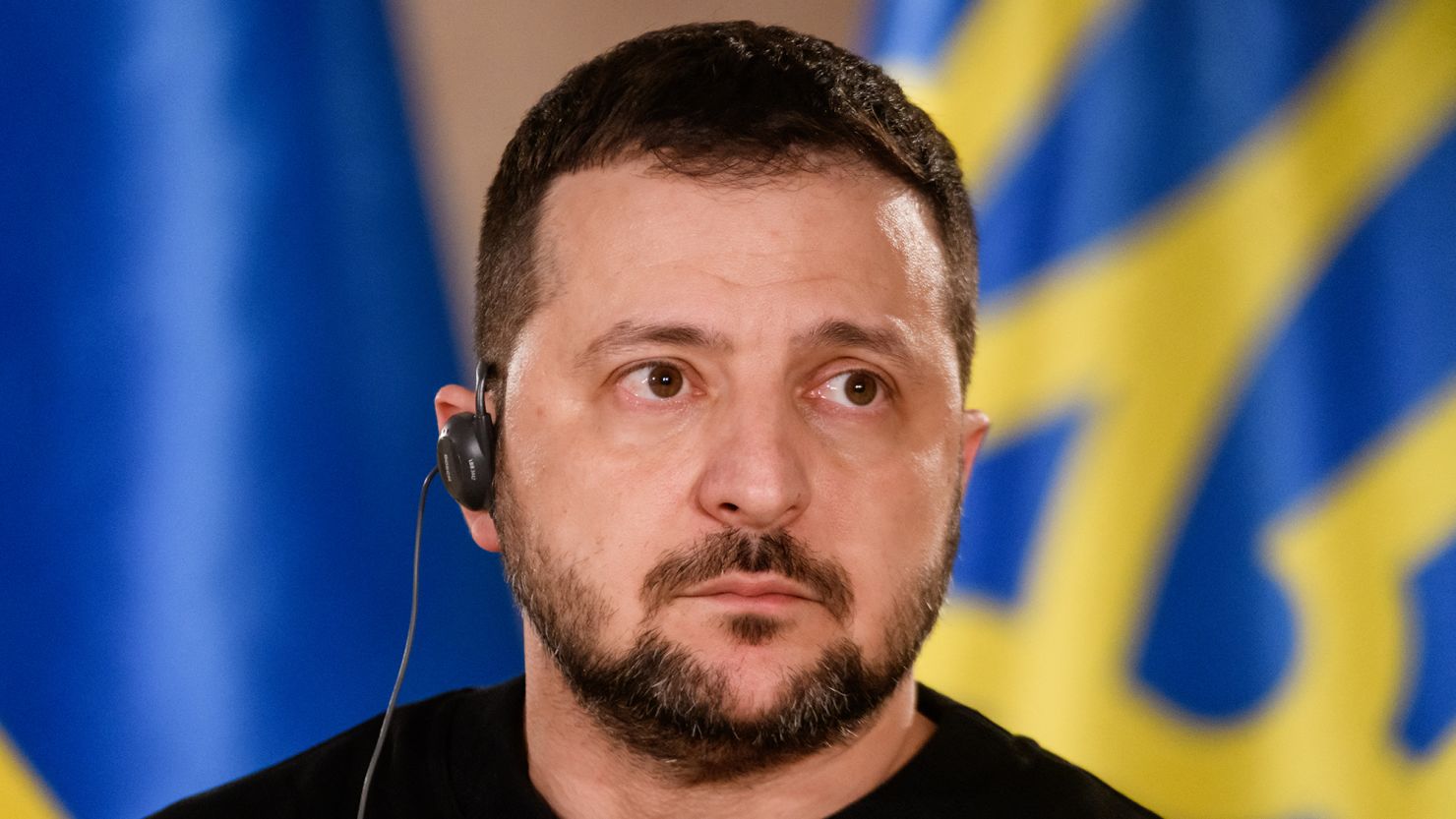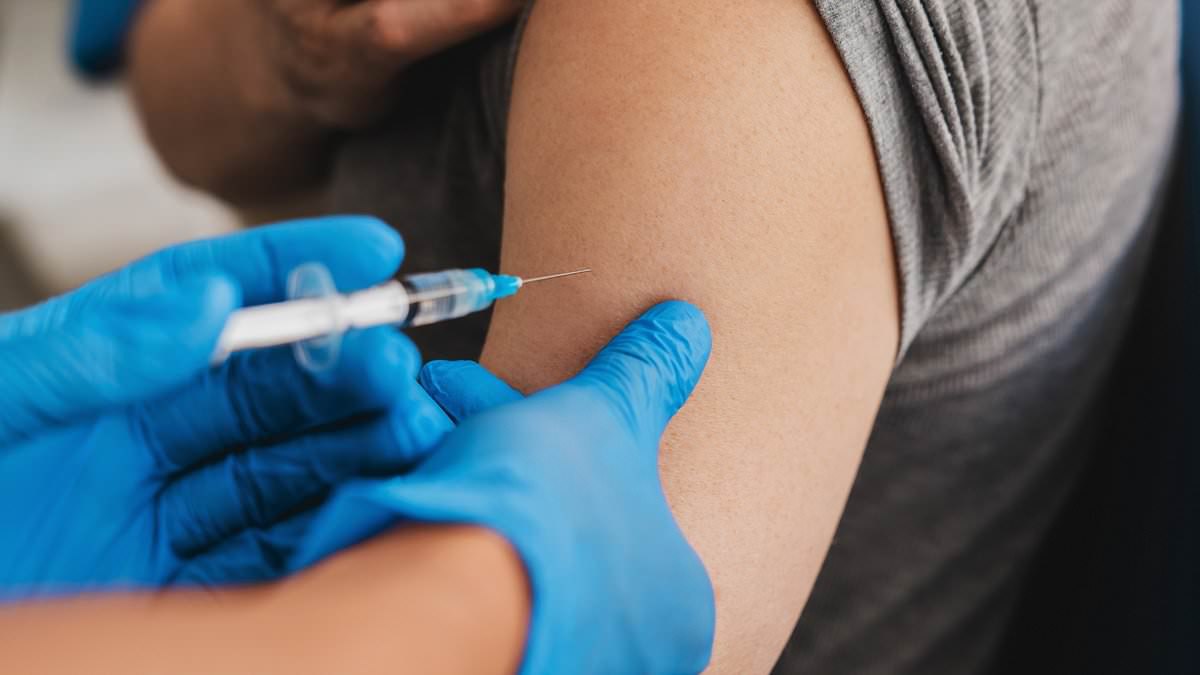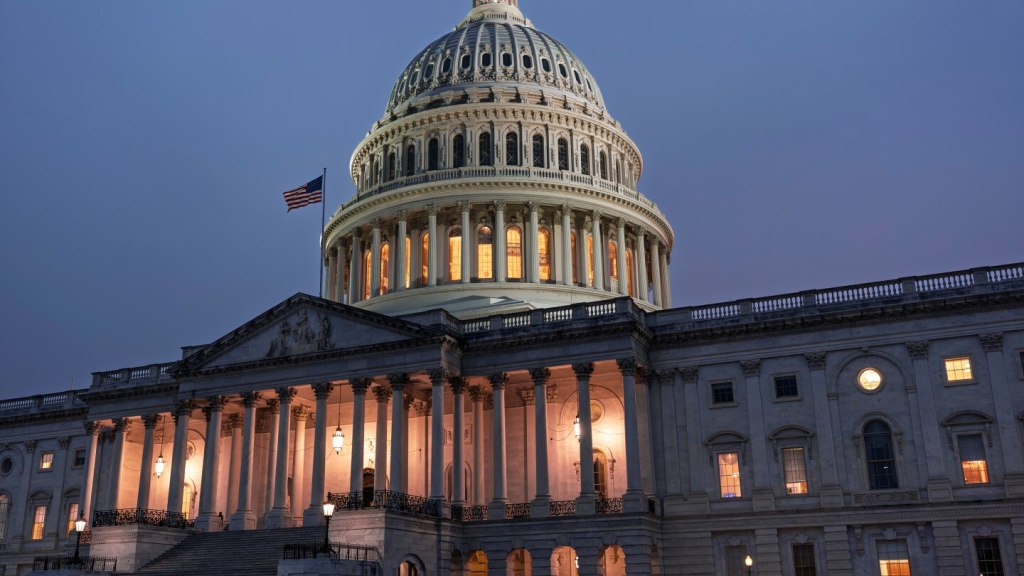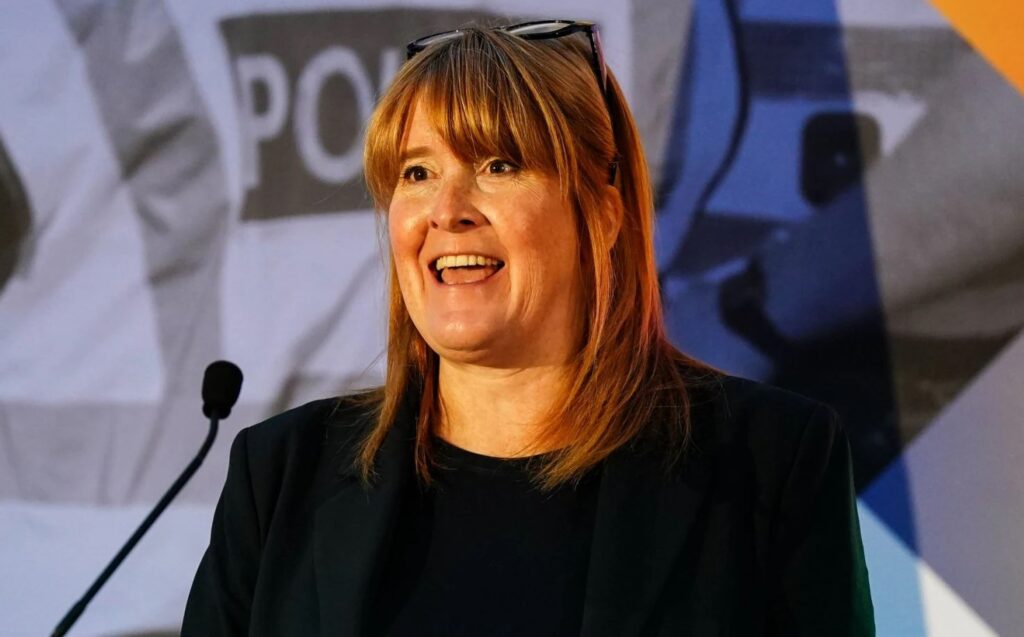Minister Paves Way for Nationwide Facial Recognition Rollout
By Charles Hymas
Seven police forces to be equipped with new technology considered a ‘game-changer’ for catching criminals in London
A minister has paved the way for a nationwide rollout of live facial recognition (LFR) cameras to catch criminals.
Sarah Jones, the policing minister, said the Government is planning to publish national guidance that will tell police forces where, when and how to use the technology more widely.
The Home Office has committed funding to deploy facial recognition cameras in seven police forces: Greater Manchester, West Yorkshire, Bedfordshire, Surrey, Sussex, Thames Valley, and Hampshire.
Two – the Metropolitan and South Wales police – already regularly use LFR cameras to identify suspects by matching their images against watchlists of suspects.
Ministers have accepted that the pilot deployments in London and Cardiff have been successful in enabling police to arrest alleged rapists, robbers and sex offenders.
Since the start of 2024 LFR deployments around the capital have led to 1,035 offenders being apprehended, and 773 charges or cautions having taken place. It followed pilot deployments in Croydon, south London.

Deployments around London have led to 1,035 offenders being apprehended since the start of 2024
Ms Jones told a fringe event at the Labour Party conference in Liverpool: “What we’ve seen in Croydon is that it has worked. We just need to make sure it’s clear what the technology is going to be useful for going forward. If we are going to use it more, if we do want to roll it out across the country, what are the parameters?
“Live facial recognition is a really good tool that has led to arrests that wouldn’t have come otherwise and it’s very, very valuable.”
LFR technology connects cameras to a watch list containing photos of suspects wanted for a range of offences. As an individual walks past a camera, their facial measurements are scanned for a positive match against the database, which alerts officers to seek and stop them.
Comparing earlier data from 2020 to 2022, the number of people on the watchlist in London has doubled from between 6,000 and 7,000 to over 16,000 in 2025, while face scans per deployment have surged from under 12,000 to tens of thousands in a single day.

A live facial recognition vehicle during an operation by the Met Police in South Street, Romford, Essex
It has faced strong criticism that it risks disproportionately affecting people from ethnic minorities. Civil liberties campaigners have also criticised it as infringing on the privacy of individuals. However, the Met says images of anyone not on a watchlist are immediately deleted.
A Met Police spokesman said: “The Met is committed to making London safer, using data and technology to locate offenders that pose the greatest risk to our communities.
“The increase of LFR is driven by its proven impact and success – with more than 1,000 dangerous offenders off London’s streets, including those wanted for rape and domestic abuse.
“We have strong safeguards in place when operating LFR – for example, if a member of the public walks past an LFR camera and is not wanted by the police, their biometrics are immediately and permanently deleted.”

Images of people not wanted by police are immediately deleted
Weekly LFR deployments in London will double to 10 so that officers can “drive up arrests” and protect the public, the Met announced last month.
Lindsey Chiswick, the Met’s director of intelligence, said the tool was a “game-changer” for crime fighting and that the technology had prompted the arrest of an alleged criminal every two hours since it was introduced in April last year.
Chiswick said: “The technology enables policing to accurately pick somebody out from a crowd and identify them against a wanted list of thousands of people. It’s something an officer couldn’t do on their own and this can do it in milliseconds.”
The Conservatives welcomed its introduction nationwide.
Chris Philp, the shadow home secretary, said: “Live facial recognition can easily identify dangerous wanted criminals who would not otherwise be caught.
“It has been trialled in Croydon town centre and has recently led to over 200 arrests including a man wanted for double rape. I strongly support the national rollout of this technology which will take dangerous criminals off the street.
“I hope the Government does not create excessive restrictions which will undermine the effectiveness of this technology.”


















